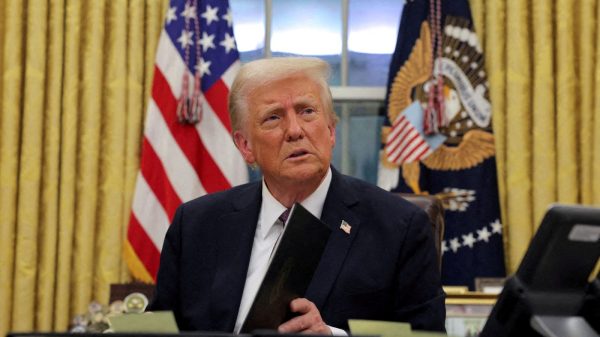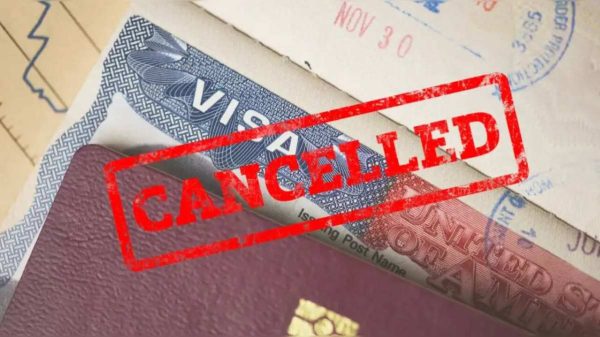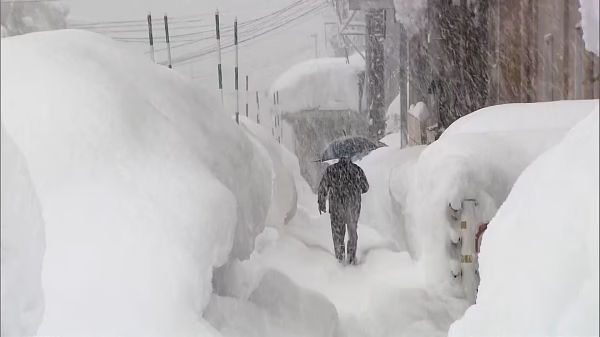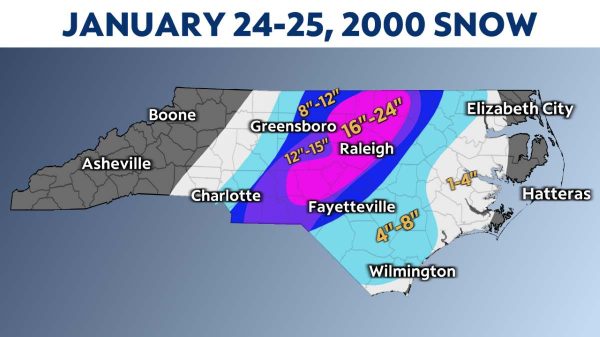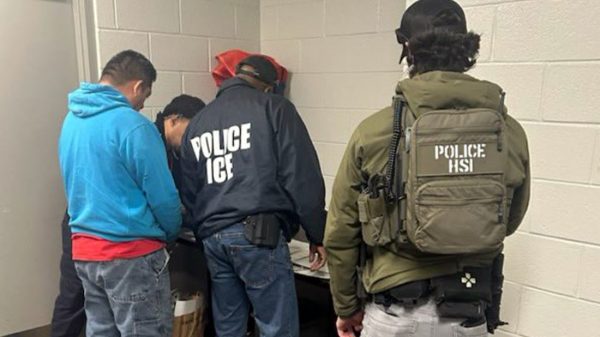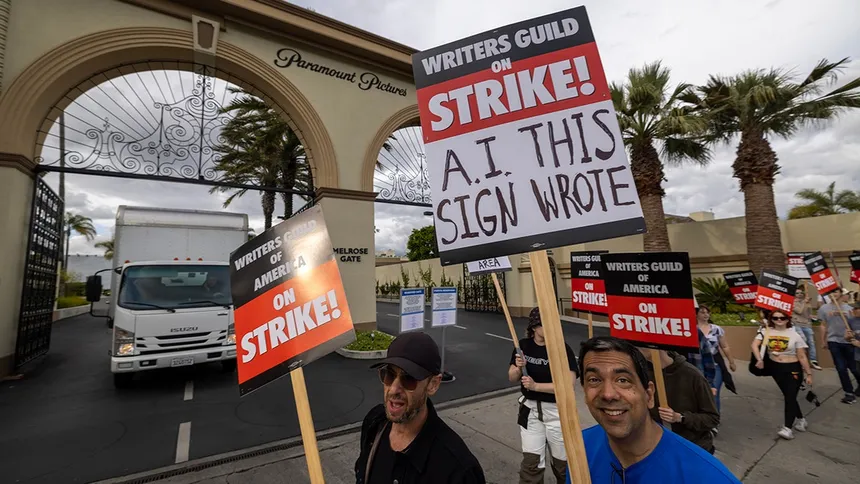The writers’ strike that halted production on many TV shows for five months has finally come to an end, and late-night TV hosts are planning to return to their evening sketches and monologues by next week. The strike, which was called by the Writers Guild of America (WGA) in November, had forced many TV shows to go off the air, including late-night talk shows, comedies, and dramas.
The WGA had been seeking better pay, residuals, and benefits for its members, as well as greater control over the use of artificial intelligence (AI) in screenwriting. The union had also been advocating for the creation of a new hybrid contract that would allow writers to work on scripted and unscripted shows.
According to reports, the WGA and the Alliance of Motion Picture and Television Producers (AMPTP), which represents the studios and production companies, had been negotiating a new contract for several months. The negotiations were said to have been intense and often contentious, with the WGA seeking significant gains for its members.
On Tuesday, the WGA board approved a new contract with the AMPTP, which was said to have met many of the union’s demands. The contract includes a 3.5% to 5% increase in minimum pay for writers, as well as more generous residual payments for shows that are streamed or aired on networks.
The contract also includes new provisions for the use of AI, which writers will be able to use in their work provided they are allowed to by their employer. The contract also bans the use of AI-generated storylines as “literary material” for screenwriting purposes, and prevents companies from requiring writers to use AI as part of their work.
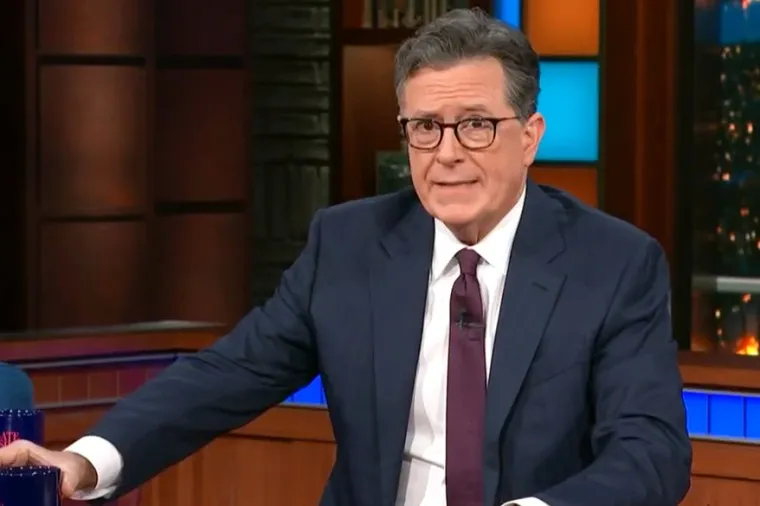
Writers’ Strike Ends
The WGA’s president, Thomas Schlamme, was quoted as saying that the contract represents a “tremendous” victory for the union and its members. “This agreement is a testament to the power of solidarity and the determination of writers to stand up for their rights,” he said.
Many late-night TV hosts had previously delayed returning to work during the strike, citing solidarity with their writers and producers. However, with the strike now over, these hosts are planning to return to their evening shows, which will feature their usual mix of monologues, sketches, and interviews.
Jimmy Fallon, the host of NBC’s The Tonight Show, is scheduled to return to work on Monday, while Jimmy Kimmel, the host of ABC’s Jimmy Kimmel Live, is planning to return on the same day. Seth Meyers, the host of NBC’s Late Night, is also expected to return to work on Monday, as is Stephen Colbert, the host of CBS’s The Late Show.
John Oliver, the host of HBO’s Last Week Tonight, is scheduled to return to work on Sunday. However, it is not yet clear when some other TV shows, such as Saturday Night Live and Comedy Central’s The Daily Show, will return to the air.
The writers’ strike had a significant impact on the TV industry, with many shows forced to go on hiatus or delay their production. The strike also had a significant impact on the economy, with many writers and other industry professionals forced to live off their savings or take on other work.
However, with the strike now over, many TV shows are planning to resume production, and the industry is expected to return to normal soon. The writers’ strike may have been a setback for the industry, but it also highlighted the importance of writers and their contributions to the creation of TV shows.

